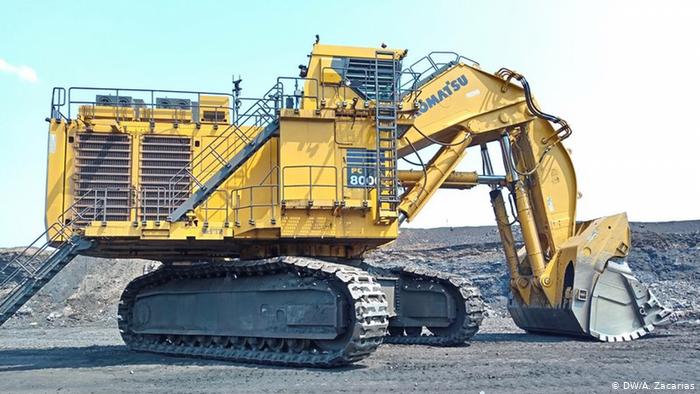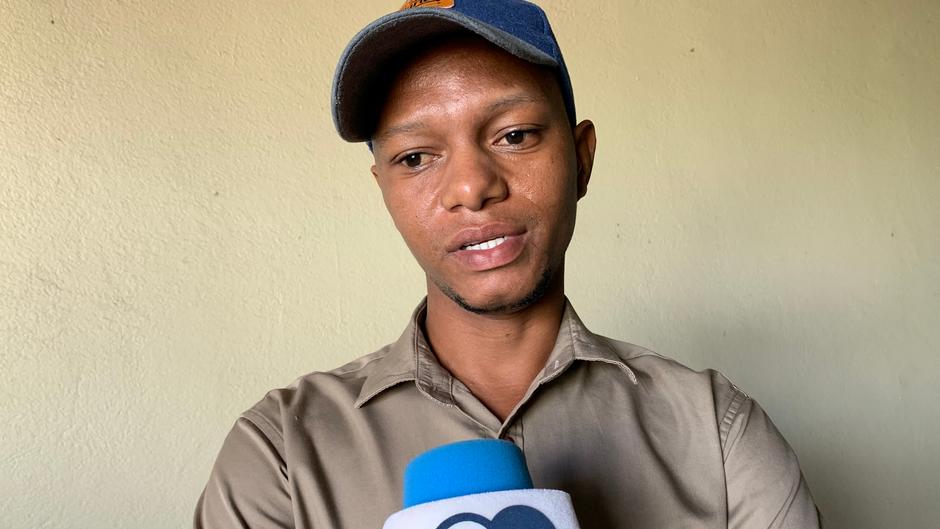Floods forecast for 2026 affect Mozambique's economic projections, central bank warns
Covid-19: More than 7,000 people are now jobless in Tete, Mozambique

FILE PHOTO: For illustration purposes only. [File photo: DW]
More than 200 small and medium-sized companies have closed their doors as a result of the Covid-19 pandemic, the Business Council of Tete province has announced. Mining, tourism and construction are the most affected sectors.
Mining, hospitality and tourism are the sectors worst affected by the Covid-19 pandemic in Tete, central Mozambique.
Mining companies operating in the province have been forced to drastically reduce their operations due to difficulties in transporting coal to the international market. As a result, many workers in subcontracting companies are now out of work.

Unemployment among subcontractors
Lourenço João is an example of this. Along with more than 100 colleagues, the 27-year-old, who worked for a company subcontracted by Jindal Africa in Marara district, saw his contract suspended.
“The parent company [Jindal] ended the contract with the company I work for, saying that, because of the Covid-19 pandemic, it is not mining any coal,” the young man says.
Unemployed for two months, Lourenço João told DW Africa about his situation.
“It is very delicate. It is not easy to live without work. This pandemic has spoilt a lot of things. There is nowhere to get anything. We live on the solidarity of friends and family.”
Closed companies
The president of the Tete Business Council (CEP), Carlos Cardoso, told DW Africa that more than 200 small and medium-sized enterprises operating in Tete have been forced to close their doors since March. In total, more than 7,000 employees have already lost their jobs.
“The tourism, construction and other sectors have been very badly affected and had to close,” Cardoso says, adding that “the reduction of personnel in megaprojects has been felt in subcontracting companies” linked to the megaprojects .

“Vale, for example, sent the entire Brazilian team back to Brazil, and had to close some production sectors of the company. Mozambicans also worked in these sectors, and this has implications for small and medium-sized companies, who have staff working there,” Cardoso says.
Hospitality is also in trouble in the province. “We have seen a large number of hotels ending up closing, because the fixed costs are high.”
Vale Moçambique said last week that it would not fire its 12,000 workers, but its operations are currently proceeding in a restricted manner in compliance with the Covid-19 prevention measures.
Financial support is hyper-bureaucratic
Fernando Raice, secretary of the Union of Workers in the Mining, Timber, Construction and Industry sectors in Tete, points out that “companies are not managing to keep workers on because they cannot afford to pay them”.
But his association is urging companies which have not yet closed to follow the Mozambican labour law. “Pay 75% of the salary in the first month, 50% in the second month and 25% in the third month,” Raice recommends.
The Mozambican government in March announced the creation of a US$500 million credit line to support small and medium-sized companies and to minimise the impact of the new coronavirus.
But in Tete, businesspeople complain about the bureaucracy involved in accessing this money. “Sometimes we fail at the bureaucratic hurdles, and this aspect is hampered in terms of the timing needed for the resurgence of the affected companies,” Cardoso points out.












Leave a Reply
Be the First to Comment!
You must be logged in to post a comment.
You must be logged in to post a comment.